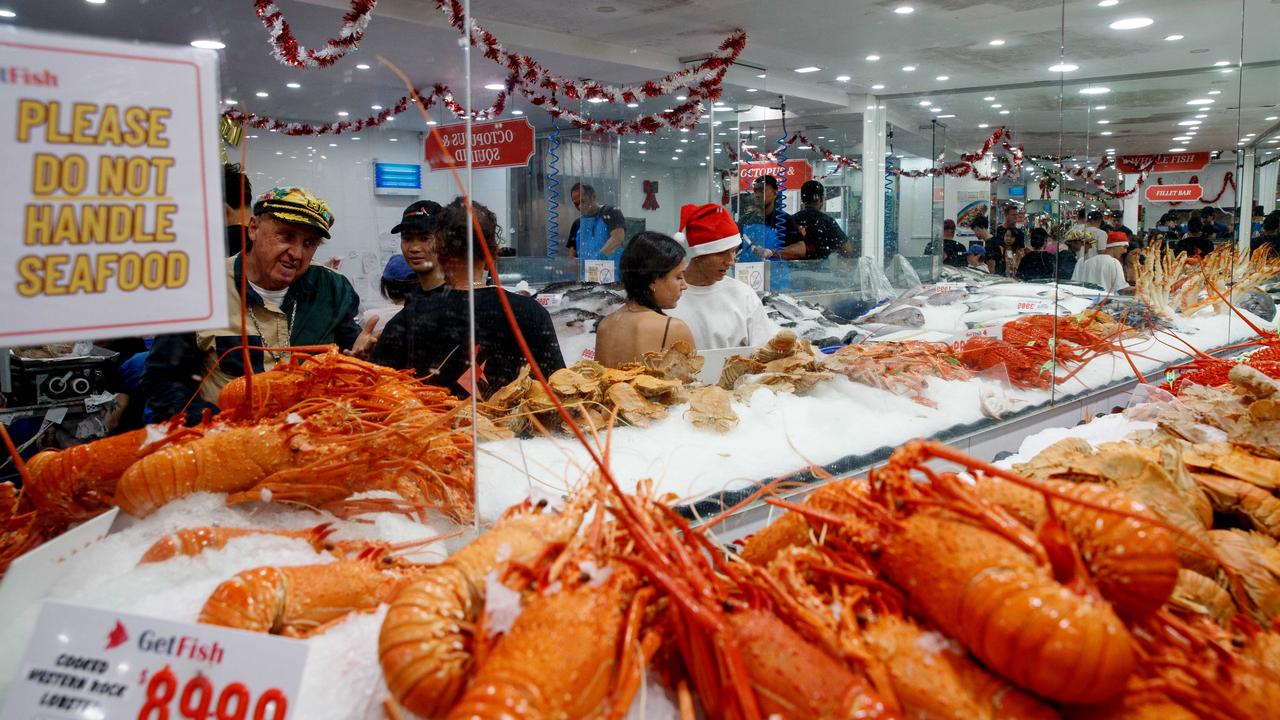Australia slams China in scathing letter to the World Trade Organisation
Australia has slammed China for “disruptive” practices that pose a risk to the entire global business community in a scathing letter.
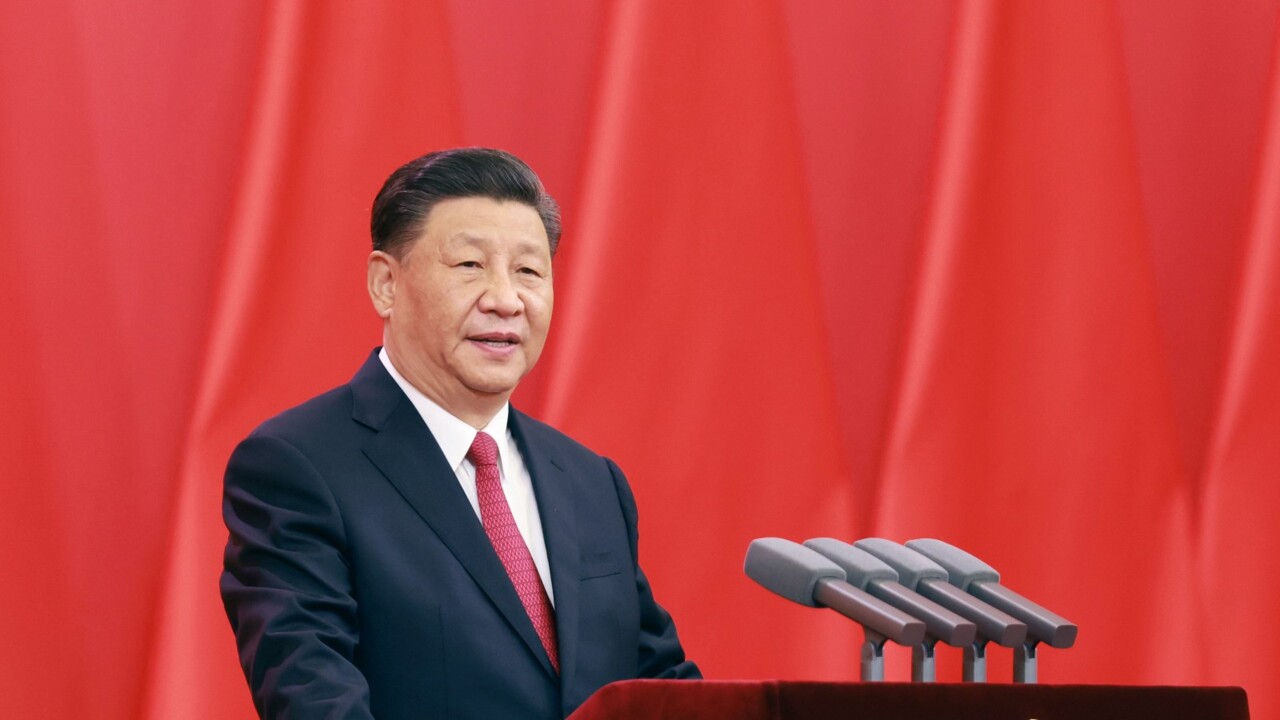
Economy
Don't miss out on the headlines from Economy. Followed categories will be added to My News.
Australia has slammed China for “disruptive” trade practices that pose a risk to the entire global business community in a scathing letter to the World Trade Organisation.
In the letter, Australia’s ambassador to the WTO George Mina accused China of being motivated by “political considerations” in targeting more than a dozen commodities including barley, coal, cotton, hay, logs, meat, rock lobsters and wine.
“China says that these actions reflect legitimate trade concerns, but there is a growing body of information that demonstrates China’s actions are motivated by political considerations,” the letter said.
“Several official Chinese statements have directly linked these trade actions to wider issues in our bilateral relationship. WTO rules do not permit a member – however large – to impose conditions such as these on trade with another member.”
The @WTO Trade Policy Review process is an important way of shedding light on Members’ policies and practices.
— George Mina (@AusWTO) October 20, 2021
Â
Read Australia’s Statement on China’s Trade Policy Review today 👇🼠pic.twitter.com/9CqtNvv7cA
The lucrative Australian exports were previously worth more than $20 billion a year, but over the past 18 months “China has increasingly implemented trade disruptive measures” including “increased and arbitrary border testing and inspections” and the “imposition of unjustified anti-dumping and countervailing duties”.
China has also “hindered or disrupted” Australia’s trade in other commodities including beef, citrus fruit, grains and grapes, and has limited market access for dairy, infant formula and meat, among other items, according to the letter.
While individual Australian sectors have suffered from Beijing’s brutal crackdown, Australia’s overall bottom line has been largely unaffected as China has continued to buy record amounts of iron ore and liquefied natural gas at record prices.
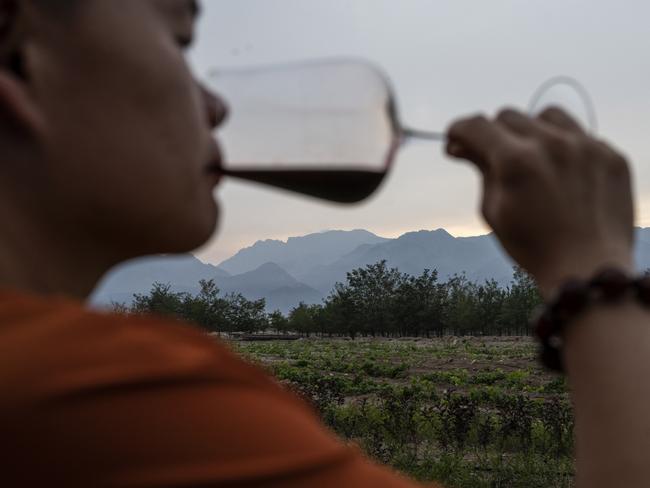
In the letter, Australia alleged that since joining the WTO two decades ago, China had “increasingly tested global trade rules and norms by engaging in practices that are inconsistent with its WTO commitments”.
“The implications of China’s actions go beyond their impact on Australian exporters – they raise the risk and uncertainty of the China market for the global business community,” it said.
“By undermining agreed trade rules China also undermines the multilateral trading system on which all WTO members rely. These rules have underpinned members’ growth and prosperity for decades. They protect the rights of members regardless of their size and power. China has assured members of its commitment to the rules-based order, but from our viewpoint there is a growing gap between China’s rhetoric and its actions.”
The statement concluded by saying Australia “urges China to fully align its trade policies with its WTO obligations, for the benefit of all”.
“We look forward to reviewing China’s answers to our questions carefully,” it said.
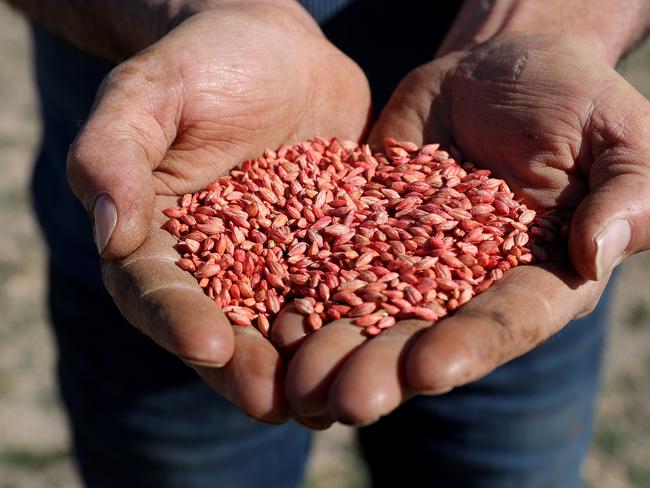
‘China has no inclination to change’
Australia’s letter was part of a regular review by the WTO into the trade practices of its members.
The reviews, which all 164 members of the global trade body undergo on a regular basis, are held behind closed doors.
The last review of Chinese trade policies was in 2018. The US, under President Donald Trump, questioned China’s legitimacy in the WTO, accusing Beijing of not opening up its market sufficiently.
In its review on Wednesday, China promised the WTO it would further open its vast market, but the US swiftly countered that Beijing showed “no inclination to change”.
In a report released by the WTO, China proposed to accelerate efforts to foster “a new development paradigm” — a strategy in which the domestic and international markets reinforce each other, with the domestic market as “the mainstay”.
“By fully tapping the potential of domestic demand, the new development paradigm serves to better connect the domestic and international markets, makes better use of both international and domestic markets and resources, and achieves stronger and more sustainable development,” it said.
Beijing believes the potential vast market for domestic demand among China’s 1.4 billion people would be “fully unleashed” by the plan.
China has regularly pledged to further open up its market over the years, but its trade practices frequently come under criticism.
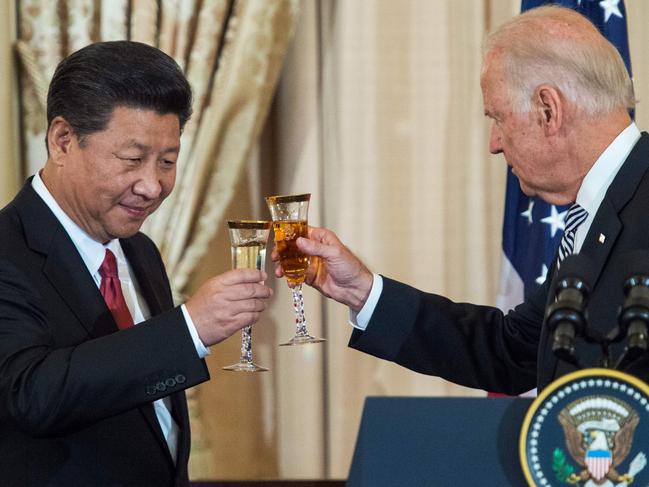
Beijing has been fighting a trade war with Washington over accusations that it does not play fair.
Australia has already challenged Chinese tariffs on barley and last month asked the WTO to rule against China’s imposition of crippling tariffs on wine exports.
In the report, China said it wanted to implement a “more proactive import policy” and further its pilot free trade zones and ports.
As for the climate crisis, the document reaffirmed that China would strive to reach peak carbon dioxide emissions by 2030 and carbon neutrality by 2060.
Responding to the review, David Bisbee, the charge d’affaires at the US permanent mission to the WTO, said expectations that China would embrace open, market-oriented policies have not been realised.
“It appears that China has no inclination to change,” he said.
“Instead, China has used the imprimatur of WTO membership to become the WTO’s largest trader, while doubling down on its state-led, non-market approach to trade, to the detriment of workers and businesses in the United States and other countries. Our most fundamental concerns with China’s trade regime remain unaddressed.”
European Union ambassador to the WTO Joao Aguiar Machado in a speech condemned “competition distortions” caused by the activities of state-owned enterprises and called on China to “fully observe its WTO accession commitments by improving transparency and by eliminating these distortions”.
Originally published as Australia slams China in scathing letter to the World Trade Organisation




